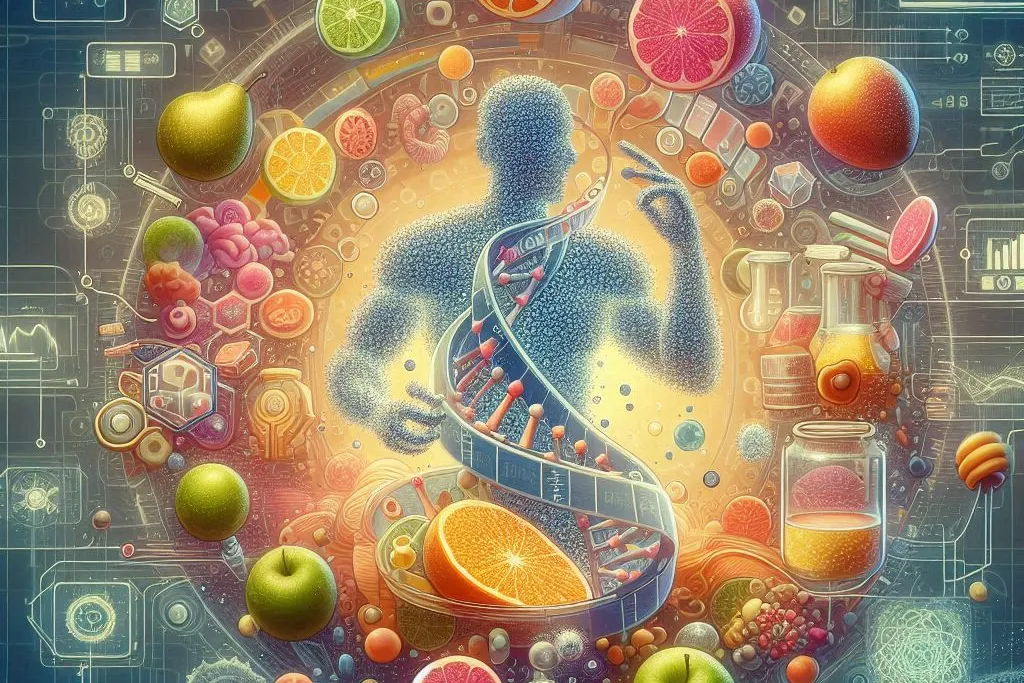Study suggests fructose may be a significant contributor to obesity, driving metabolic processes towards weight gain.

While not the main source of calories, fructose is linked to increased cravings for fattier foods, leading to overconsumption.
This major analysis, led by Dr. Richard Johnson of the University of Colorado Anschutz Medical Campus, proposes that weight loss strategies may not require solely eliminating carbohydrates or fats, but rather a focus on responsible reduction of both.
However, significant dietary fructose intake can hinder this goal.
The researchers’ paper acknowledges the prevailing theories around reducing processed and unhealthy foods, but questions the specific focus on sugar intake, glycemic index of carbohydrates, fat types, or simply increasing protein.
The analysis proposes that these various dietary hypotheses may hold merit, and despite seeming contradictory on the surface, they can be unified under the “fructose survival hypothesis.”
- Fruit’s natural fructose content, balanced by its vitamins and fiber, is unlikely to be a concern.
Consuming fruits like apples, bananas, and oranges provides essential nutrients. The body can also produce small amounts of fructose from other carbohydrates and salty foods. - High quantities of added fructose, in sweeteners like table sugar and high fructose corn syrup can quickly accumulate in our diets, often undetected.
- Fructose metabolism within the body leads to a decrease in a compound called adenosine triphosphate (ATP), which fuels cellular processes.
- A significant drop in ATP levels signals the body’s need for more energy. This translates to increased hunger, prompting us to eat.

The “fructose survival hypothesis,” proposed by researchers, attempts to unify seemingly contradictory theories on obesity, such as fat versus carbohydrate intake.
“These various metabolic and dietary factors linked to obesity can be seen as pieces of a puzzle, ultimately unified by fructose’s influence. Fructose triggers a metabolic ‘low power mode’ leading to loss of appetite control. Fatty foods then become the primary source of excess calories driving weight gain.”
Dr. Johnson
This low power mode is activated even with existing fuel reserves. Stored fat, a potential energy source, becomes inaccessible due to fructose’s interference.
The researchers acknowledge a potential benefit in some contexts. Bears, for instance, can utilize this mechanism to preserve fat stores while consuming fruit before hibernation. However, in humans, chronic consumption of sugary foods and drinks is linked to unhealthy weight gain.
“This evolutionary-based mechanism served to aid animals in storing fat before anticipated food scarcity. While beneficial for short-term survival, chronic over-engagement transforms this pathway from helpful to a driver of many modern diseases.”
Further research, particularly focused on humans, is needed to fully understand the mechanism’s workings. Nevertheless, these findings represent a significant step towards addressing the growing obesity crisis.
https://onlinelibrary.wiley.com/doi/epdf/10.1002/oby.23920
Abstract
The “fructose survival hypothesis,” proposed by researchers, attempts to unify seemingly contradictory theories on obesity, such as fat versus carbohydrate intake.
Dr. Johnson suggests, “These various metabolic and dietary factors linked to obesity can be seen as pieces of a puzzle, ultimately unified by fructose’s influence. Fructose triggers a metabolic ‘low power mode’ leading to loss of appetite control. Fatty foods then become the primary source of excess calories driving weight gain.”
This low power mode is activated even with existing fuel reserves. Stored fat, a potential energy source, becomes inaccessible due to fructose’s interference.
The researchers acknowledge a potential benefit in some contexts. Bears, for instance, can utilize this mechanism to preserve fat stores while consuming fruit before hibernation. However, in humans, chronic consumption of sugary foods and drinks is linked to unhealthy weight gain.
The paper states, “‘This evolutionary-based mechanism served to aid animals in storing fat before anticipated food scarcity. While beneficial for short-term survival, chronic over-engagement transforms this pathway from helpful to a driver of many modern diseases.'”
Further research, particularly focused on humans, is needed to fully understand the mechanism’s workings. Nevertheless, these findings represent a significant step towards addressing the growing obesity crisis.